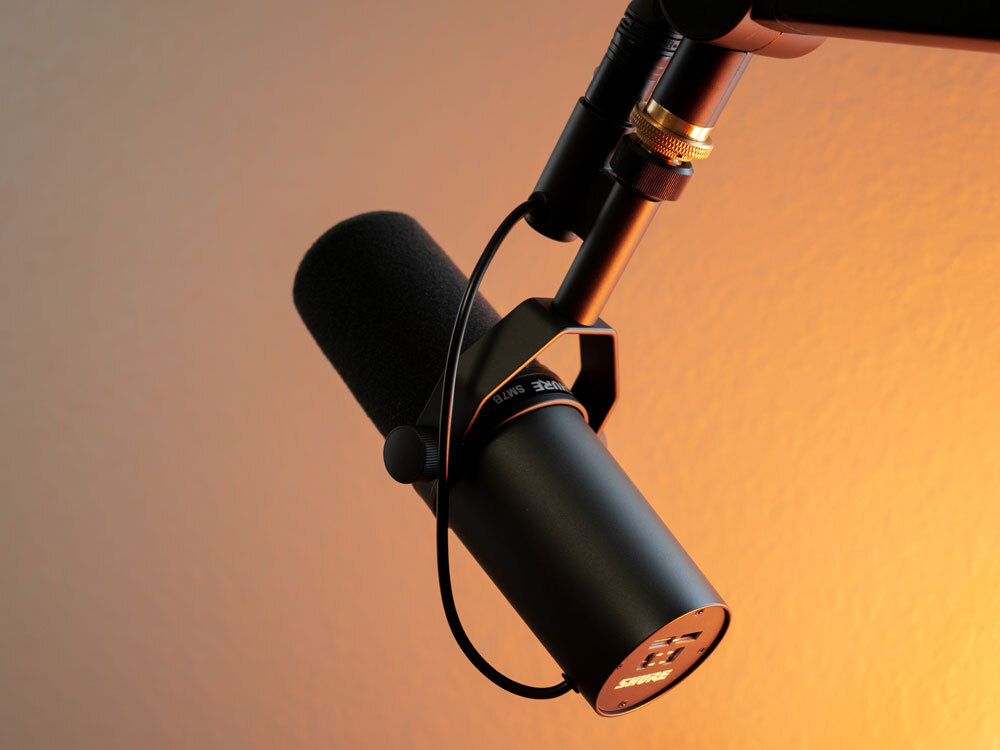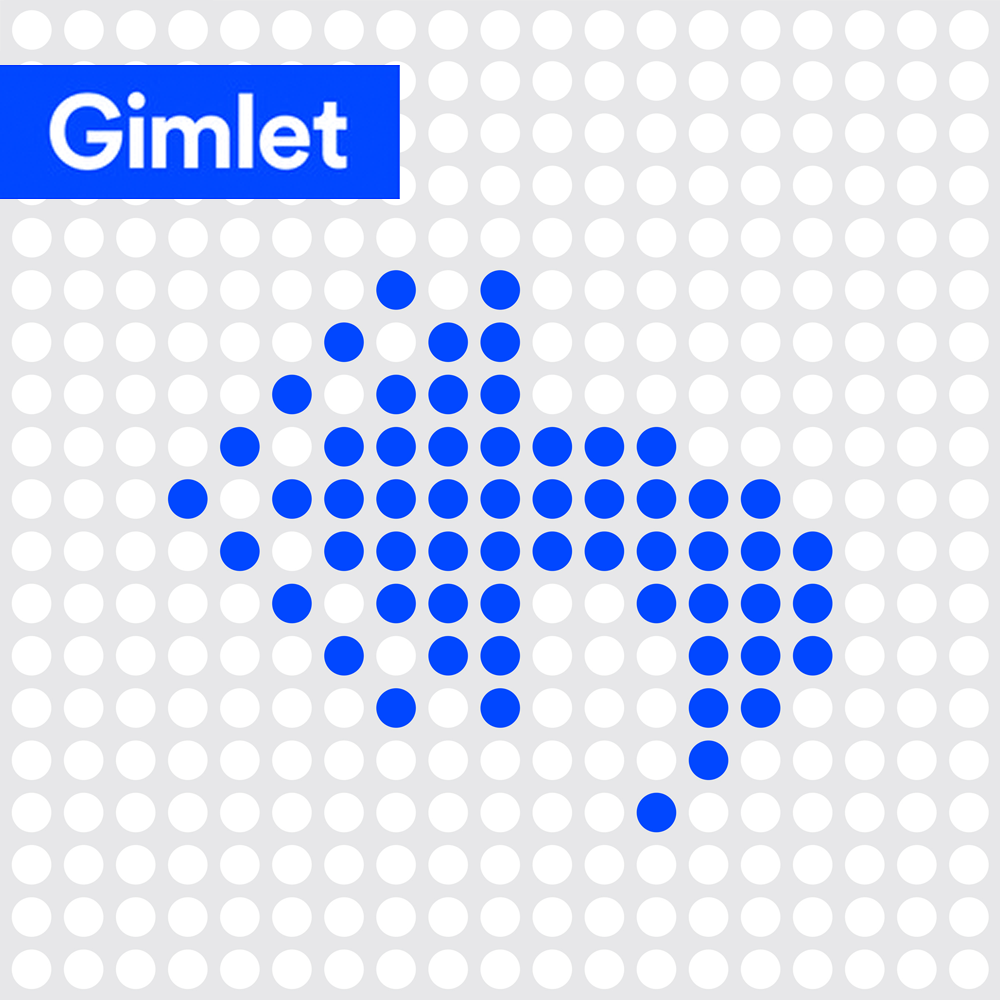
Despite multiple overtures from different outlets and people over the years, I’ve never turned Tedium into a podcast, though we’ve dabbled into it from time to time. And I think a big reason that it’s never happened is because of a concern that I don’t think we could do the format justice.
I blame this in part on the fact that the primary podcast I listened to much of the time that I being asked about this was Reply All. That show, which ended its run earlier this year after a controversy harmed its trajectory, took a very reporting-heavy approach to podcast-style storytelling, one that required weeks or even months of work to nail down for even a single episode. Beyond the obvious lack of skill in radio, I had the feeling that in comparison to shows like that, it might feel a bit wilt-y.
Of course, the story of Reply All is in many ways the story of its parent company, Gimlet, and Gimlet has had a couple of rocky years of late, not just because of the drama that surrounded the company’s most popular show, but the challenges it has faced as a subsidiary of Spotify. Earlier this month, the streaming service suddenly cancelled numerous popular shows at Gimlet and its sister company Parcast, and the cuts are said to cut deep, representing a loss of 30 percent of the employees at each company.
“Each shop has lost seasoned producers, writers, and editors,” a statement from the Gimlet and Parcast unions stated. “Many of those laid off were longtime employees—people who helped build our studios from the ground up, and who saw them through a global pandemic.”
https://twitter.com/ParcastUnion/status/1578480717171896320
Part of the problem appears to be a lack of understanding on the part of Spotify about how podcasting is supposed to work. Over at The Squeeze, writer Skye Pillsbury broke down an anonymized oral history of what happened to Gimlet in the words of five employees at the network:
At first, the Spotify people said they were open to our ideas, but that really didn’t turn out to be true. It very quickly went from brainstorming all the new, creative things we wanted to do to this new reality where we had to get permission from Spotify every time we had an idea.
Then we started getting requests from on high—it would be like, we want to increase the number of Spotify listeners on your show, so we need you to make some bonus content, okay? It had a huge impact on our production. It was obvious that they didn’t really understand how making podcasts worked or what our relationship with our audience was like at all.
Those requests escalated and eventually they made pretty much all the shows go exclusive, which Gimlet management had promised would never happen. That’s when I really knew we had a problem.
Taking the shows exclusive meant that the podcasts didn’t get anywhere near the audiences they might have had on an open RSS feed, meaning that their potential was limited by a paywall. It doesn’t matter that the paywall is one of the most popular paywalls in the world—it’s still a paywall, and it left a lot of people out in the cold and unable to listen to these podcasts in their apps of choice.
So we have a situation where Spotify doesn’t get the market and has artificially limited the upside of all of these shows. Now combine this with the fact that these shows are extremely labor-intensive to produce, requiring weeks or months of reporting, and you have a formula where good, talented people aren’t able to scale their shows from a business standpoint.
(Fingers crossed for The Ringer, which sold to Spotify a year after Gimlet and has thus far avoided the same fate—perhaps because of the pull Bill Simmons carries?)
These reporting-heavy podcasts ultimately are put in this awkward situation where they have to support things like travel, weeks of open-ended research and reporting, and complex production work, and without the right team in front of it properly monetizing it, it can get really hard to justify, especially when plenty of other podcasting formats show similar levels of success while just being one or two people interviewing one or two other people for a little while.
Given that companies are buying up podcasting firms left and right—Amazon owns Wondery, SiriusXM owns Stitcher and Earwolf, and so on—there is a true and genuine risk that if the parent companies aren’t as committed to the models of these firms, especially when they require in-depth reporting or research, it could deeply harm the work that they do.
If I do ever decide to dabble into podcasting, I don’t want to stand out because all the shows that once intimidated me with their quality are now in the past tense.
Time limit given ⏲: 30 minutes
Time left on clock ⏲: 5 minutes, 6 seconds



